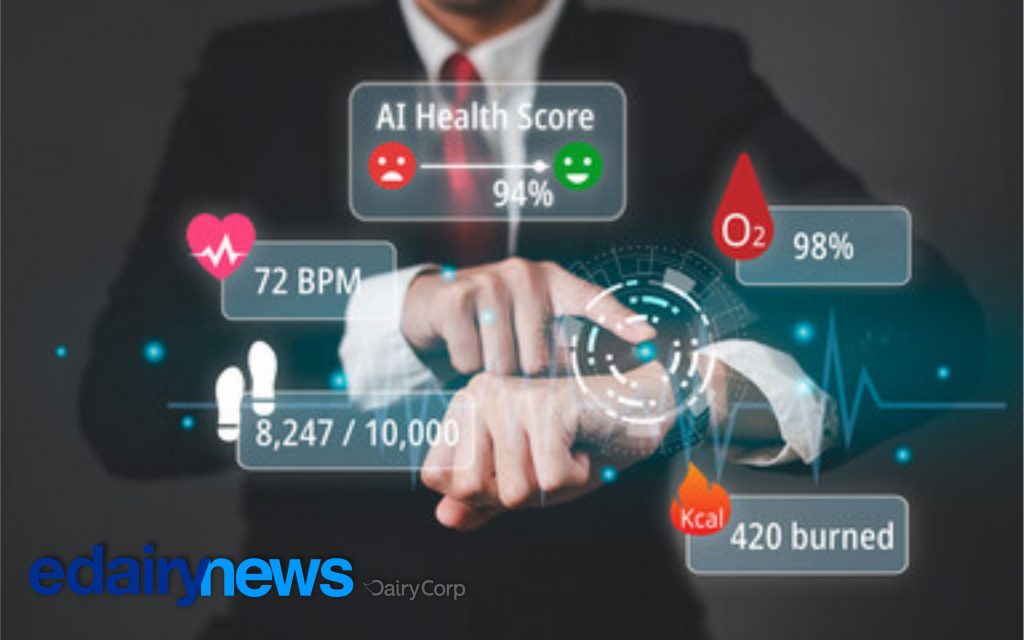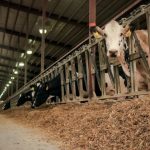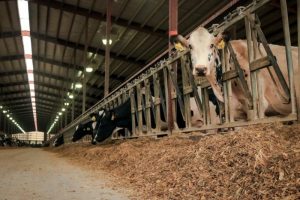
The arrival of personalized functional foods marks a before and after in the global food industry, according to Michio Kaku, theoretical physicist and expert in technological trends, in his latest book Quantum Supremacy: The Technological Revolution That Will Change Everything .
Biotechnology and genetics make it possible to create foods that meet the specific needs of each individual, with the potential to prevent disease and optimize health.
Kaku, during his recent visit to Argentina at the 7th Digital Finance Forum of the Argentine Institute of Finance Executives (IAEF), highlighted that advances in biotechnology and quantum computing will radically transform not only the economy and science, but also everyday life.
“Medicine will be preventative, not reactive. We will use nanobots that will circulate in the bloodstream to detect and destroy harmful cells before they develop,” he stated, emphasizing that this approach will also be reflected in nutrition.
In this context, functional foods emerge as a tool for personalized nutrition. Thanks to biotechnology, it’s possible to adjust the composition of dairy products and other foods to optimize nutrient intake based on each person’s genetics and individual microbiome.
This not only increases the effectiveness of the diet but also opens the door to preventing diet-related diseases such as diabetes, hypertension, and certain vitamin deficiencies.
The concept of nutritional personalization is supported by advanced microbiome analysis technologies, genetic studies, and precision-engineered crops. This innovation allows for the development of probiotics specifically designed to balance each individual’s gut flora, increasing nutrient absorption and strengthening the immune system.
In the dairy industry, this means that a yogurt or cheese could be adapted to fulfill specific functions, such as improving digestion or supporting cardiovascular health, in addition to its traditional protein and calcium content.
Experts agree that this transformation won’t happen overnight. Implementing personalized functional foods requires collaboration between scientists, nutritionists, regulators, and producers, as well as a solid ethical framework that protects consumers’ genetic privacy.
According to Kaku, “Technology advances, but education and ethics must evolve at the same pace. Biotechnology applied to food should be a health tool, not a tool of exclusion.”
From an industry perspective, biotechnology opens up significant opportunities for differentiation and innovation. Dairy and functional food companies can lead the transition to products that not only meet basic nutritional needs but also actively contribute to consumer well-being.
This could include milks with adjusted micronutrient content, cheeses that incorporate probiotics specific to the intestinal microbiota, or personalized dietary supplements based on genetic predispositions.
The global market is already beginning to reflect these trends. Reports from the Food and Agriculture Organization of the United Nations (FAO) and the International Dairy Federation highlight that technological innovation in functional foods and nutraceuticals will be crucial to addressing public health challenges and increasing the competitiveness of the dairy industry.
Furthermore, growing consumer awareness of the relationship between diet and health reinforces the demand for personalized, safe and transparent products.
However, Kaku warns of the risks: biotechnology applied to food does not replace nutritional education or the sensory experience of consumption. “Overreliance on technology can create a one-dimensional view of food. Human interaction, the enjoyment of food, and gastronomic culture will remain irreplaceable,” he concluded.
In short, functional foods represent a point of convergence between science, technology and personalized nutrition, with the potential to transform global health and the food industry.
The challenge will be to balance innovation and ethics, science and culture, so that this revolution is accessible, safe and focused on consumer well-being.
EDAIRYNEWS
You can now read the most important #news on #eDairyNews #Whatsapp channels!!!
🇺🇸 eDairy News INGLÊS: https://whatsapp.com/channel/0029VaKsjzGDTkJyIN6hcP1K



















